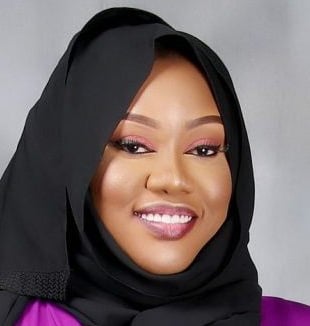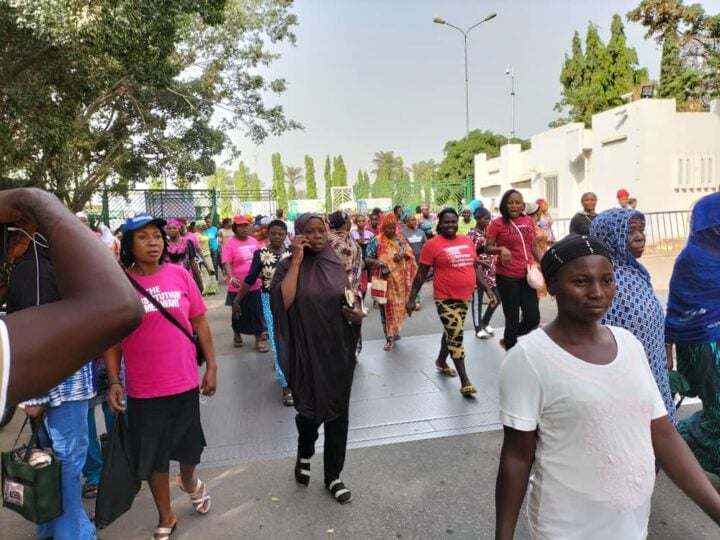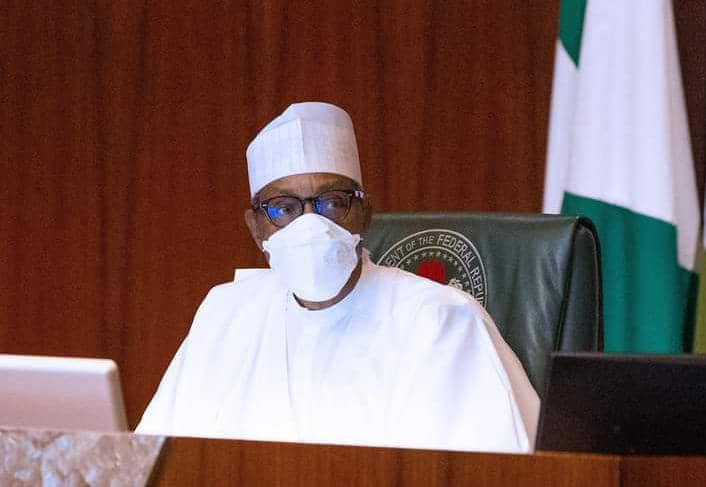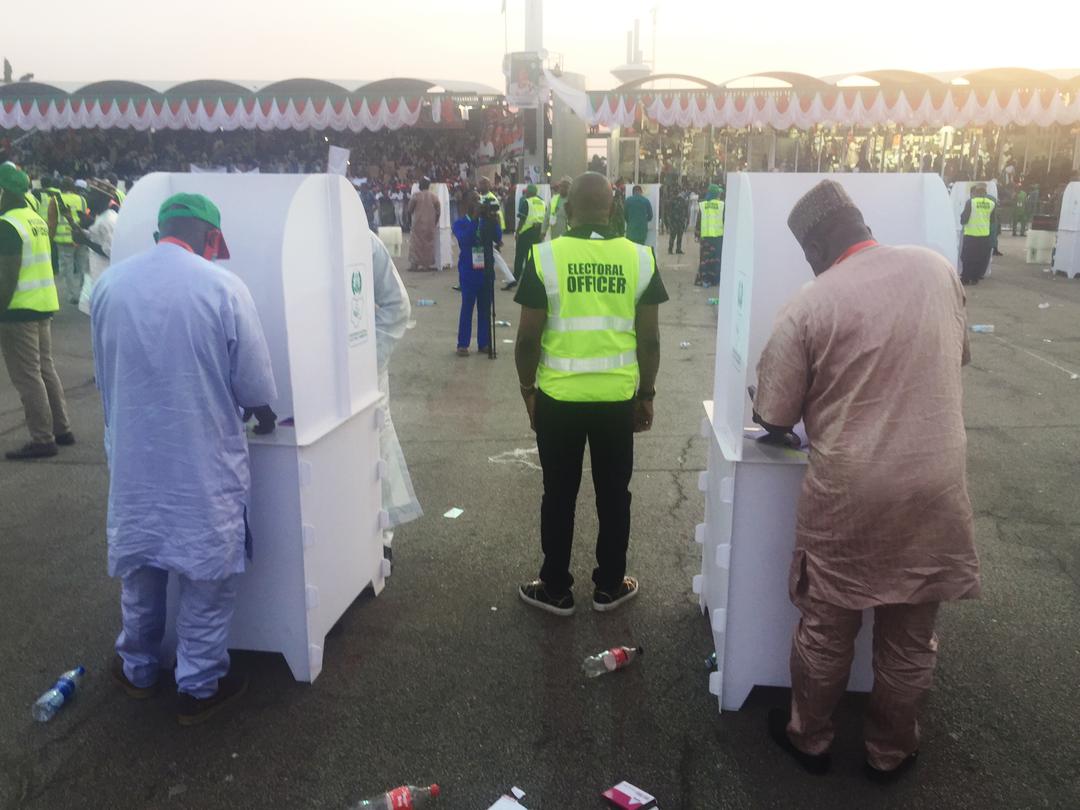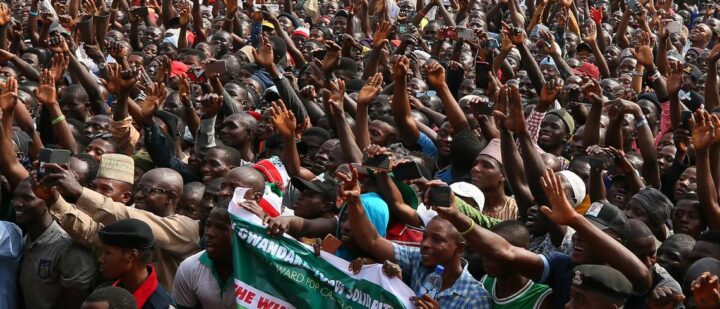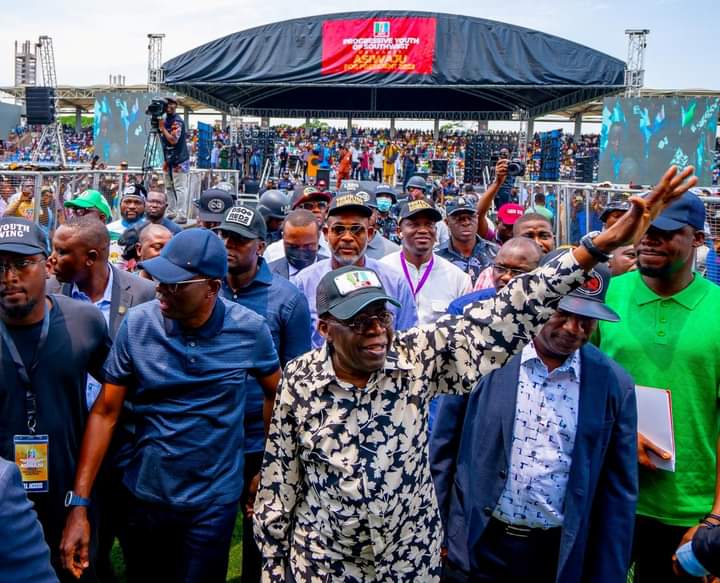In what has been hailed as a truly progressive application of constitutional power, in April 2022, Governor Dapo Abiodun of Ogun state signed an executive order aimed at securing 35% affirmative action for women in politics and governance.
Previously, in December 2021, Governor Abdulrahman Abdulrazaq of Kwara state assented to the Kwara State Political Offices (Gender Composition) Bill, a law which requires any administration in the state to ensure that women occupy at least 35% of appointive positions.
While the governor, in setting up his cabinet, exceeded the stated benchmark, the law was borne of the need to preserve the gains recorded in women’s mainstreaming in Kwara by ensuring that subsequent administrations would also prioritise women’s adequate representation.
Also in April, in a watershed moment in our democratic history, the federal high court delivered the landmark judgment on a suit instituted by the Women in Politics Forum (WiPF), the Nigerian Women’s Trust Fund (NWTF) and other women’s groups, ordering the Federal Government of Nigeria to comply with its own National Gender Policy by allotting 35% of appointive positions in the public sector to women.
Advertisement
Ekiti had, several years prior in 2013, enacted the Gender and Equal Opportunity law; embedded within it is a provision for 35% affirmative action for women in appointive positions.
Women’s hopes had been dashed in March when, while voting on constitution amendment bills, the national assembly rejected crucial gender bills including proposed legislation seeking affirmative action. Hope was once again offered when the house of representatives, led by a progressive politician, Rt. Hon. Femi Gbajabiamila, rescinded its decision on some of the bills and pledged that they would be reconsidered. Gender advocates have sustained the pressure in a bid to make sure parliament votes in favour of women’s rights this time around.
While the court judgment in favour of affirmative action and the recent indications from states like Kwara and Ogun offer hope for the future, it is also key for political parties to outline feasible and actionable plans towards closing the gender gap. There are different pathways to power and as we seek enhanced inclusion in appointive roles, we must also seek adequate representation through the ballot.
Advertisement
The two major political parties, the governing All Progressives Congress (APC) and the People’s Democratic Party (PDP), are in a race for the presidency in 2023.
While both parties have made concessions on the cost of nomination forms, with the APC especially waiving the cost of nomination forms for women aspirants, it is also key that they go a step further by introducing policies which will make women’s mainstreaming an inevitable outcome of their internal processes.
How? By borrowing a leaf from Ogun, Kwara and Ekiti, which incidentally are all APC states, and implementing a similar policy which will see to it that women transition from being aspirants to emerging as candidates.
As both parties’ national conventions have proven, simply lowering or even waiving the cost of nomination forms is not enough to make sure women occupy leadership positions in significant numbers. At the end of both conventions, women occupied just two positions in the national leadership of the APC and one in the PDP. Underrepresentation of this magnitude is antithetical to equity.
Advertisement
Without enabling policies which are respected and thus adhered to, women will continue to aspire in large numbers but fail to be on the ballot.
Supporters of the PDP are quick to mention that the party has provisions for affirmative action in its constitution, but the reality has been rather different. At the height of the PDP’s gender sensitivity, the cabinet of Dr. Goodluck Jonathan had a good number of women holding key positions, but this did not extend to the majority of PDP states. If this clause truly does exist, then the party is clearly not abiding by it as there is nothing to prove that women occupy up to 35% of appointive positions across PDP states, or that women candidates on the platform of the PDP have proportionate representation.
In 2007, Nigeria recorded the highest level of women’s representation in the national assembly with 9 women in the senate and 27 in the house of representatives, cumulatively constituting just 7.68% of the federal parliament. These numbers, poor as they are, have since declined rapidly and if deliberate steps are not taken to correct the underrepresentation, then the situation will further worsen.
The adequate representation of women should not depend on the magnanimity of the men occupying positions and should, instead, be protected by laws and policies at the federal level and in our respective states and political parties.
Advertisement
Therefore, as we approach the primaries in both parties, political parties must deal with women in good faith by going beyond concessions on the cost of nomination forms and implementing a workable affirmative action policy.
A good place to start could be, for instance, to ensure that in state constituencies split into two, at least one of the candidates is female and no less than a third of all constituencies in each state has a female candidate. A similar policy can be extended to the house of representatives and the senate.
Advertisement
A firm commitment must also be extracted from political parties and presidential aspirants that they will comply with the recent ruling on 35% affirmative action, as their seeming silence on the matter is rather suspect.
Many are quick to argue against affirmative action but in the words of Dr. Ibim Semenitari, “federal character is affirmative action”. I wish to take this a step further by stating that zoning the presidency, governorship and other elected offices is affirmative action because the underpinning argument is equity. Therefore, if we understand the need to ensure balance when it comes to ethnicity and even religion, then why not gender?
Advertisement
Rinsola Abiola is a communications specialist and youth and gender advocate. She worked as a special assistant to the former speaker of the house of representatives, Rt. Hon. Yakubu Dogara, and was appointed to the board of trustees of the All Progressives Congress (APC). Rinsola previously also served on the advisory board of the World Youth Movement for Democracy and is a UN Women Intergenerational Mentee. She is a member of the governing All Progressives Congress from Ogun state and the first woman in Nigeria’s democratic history to vie for the position of the national youth leader of a political party.
Advertisement
Views expressed by contributors are strictly personal and not of TheCable.
